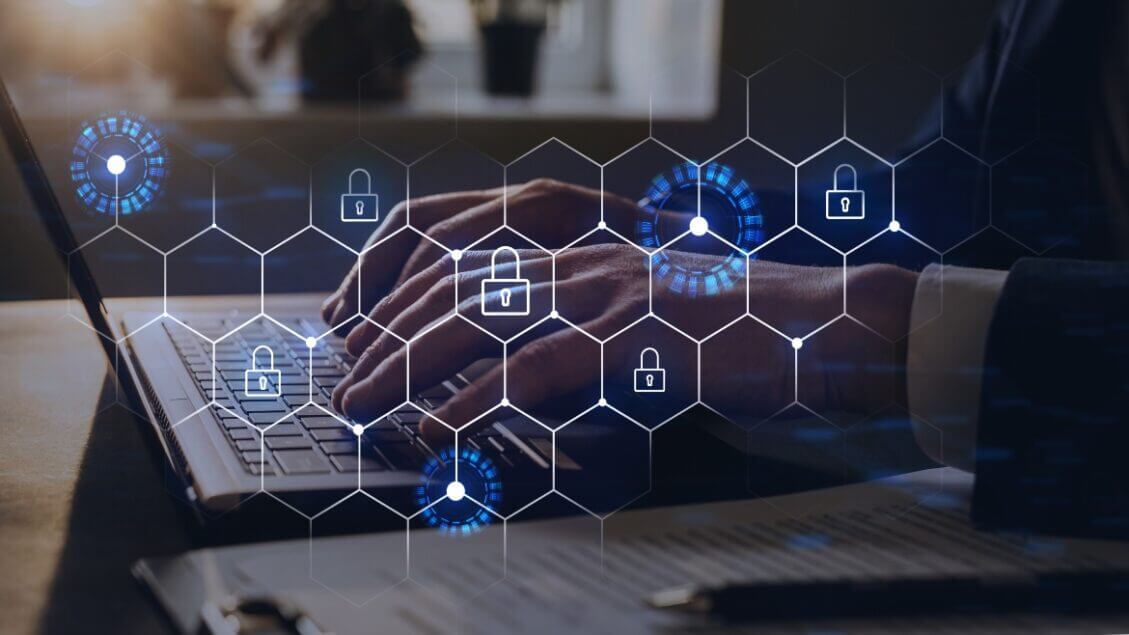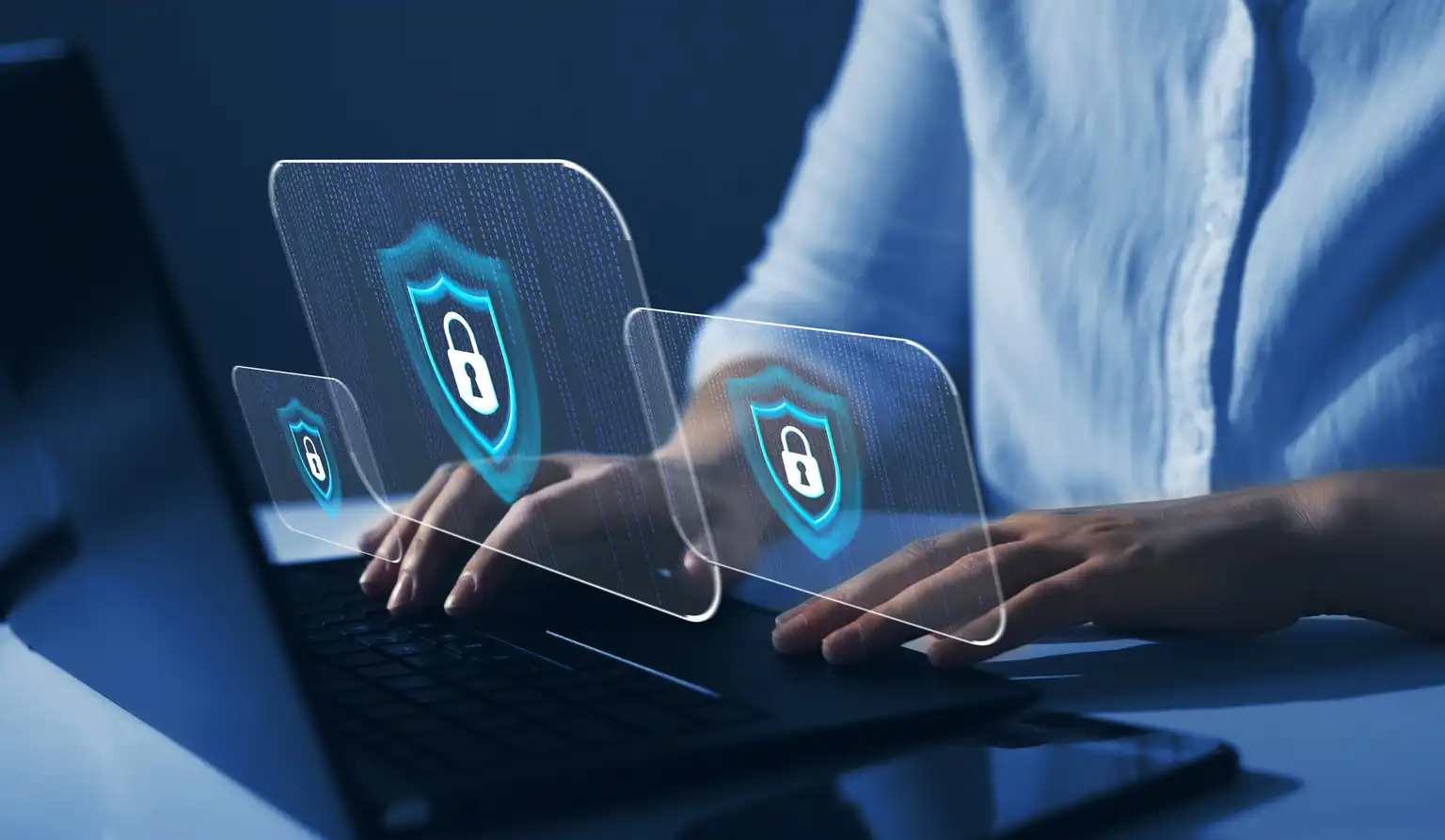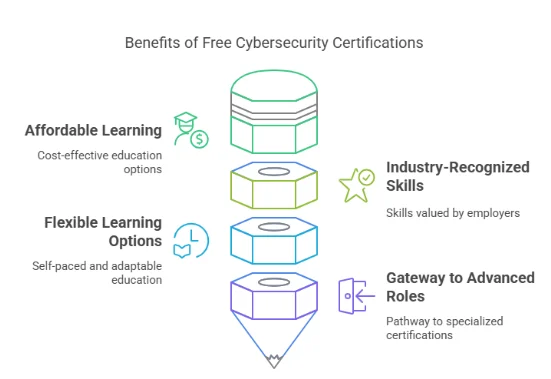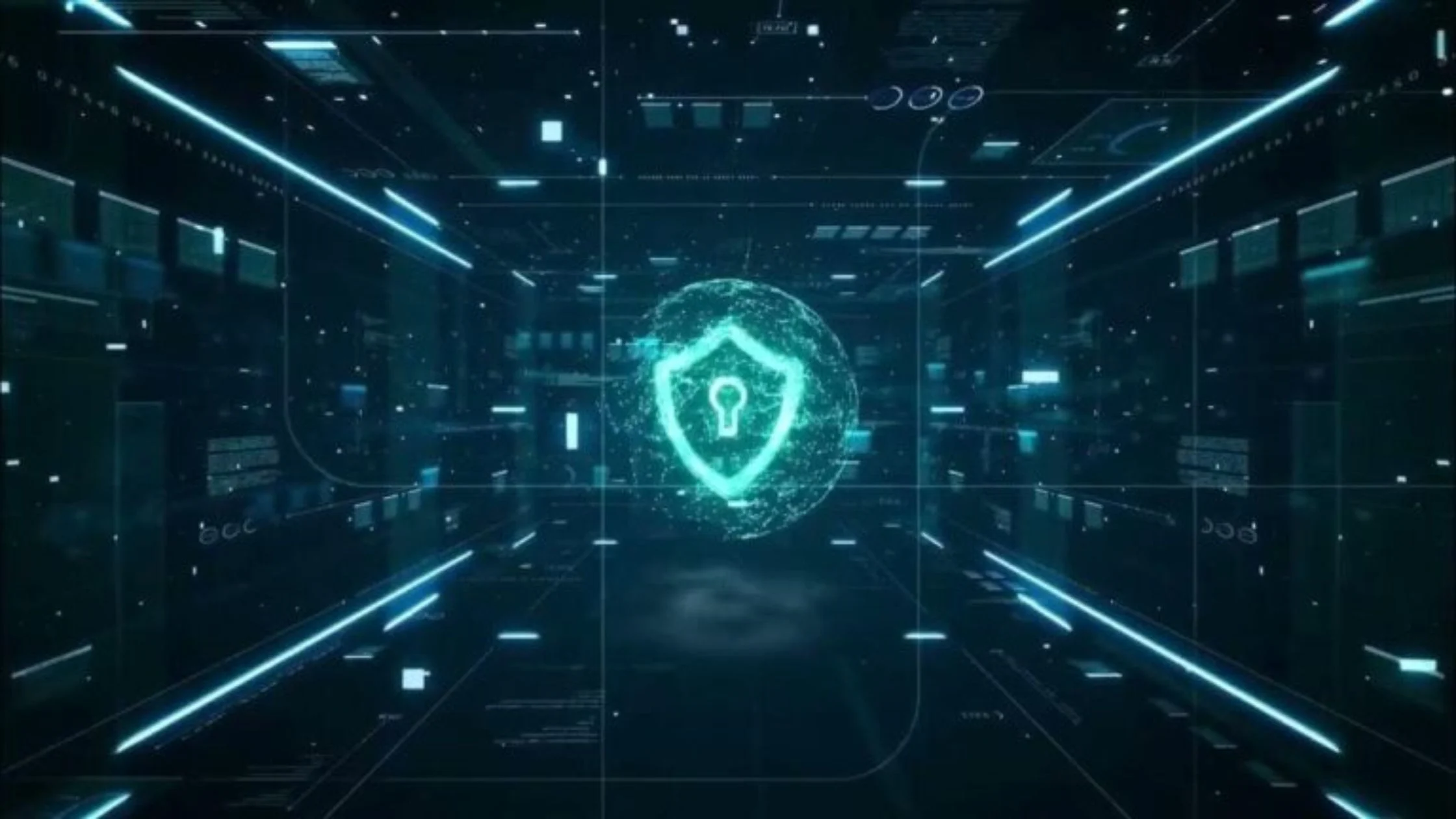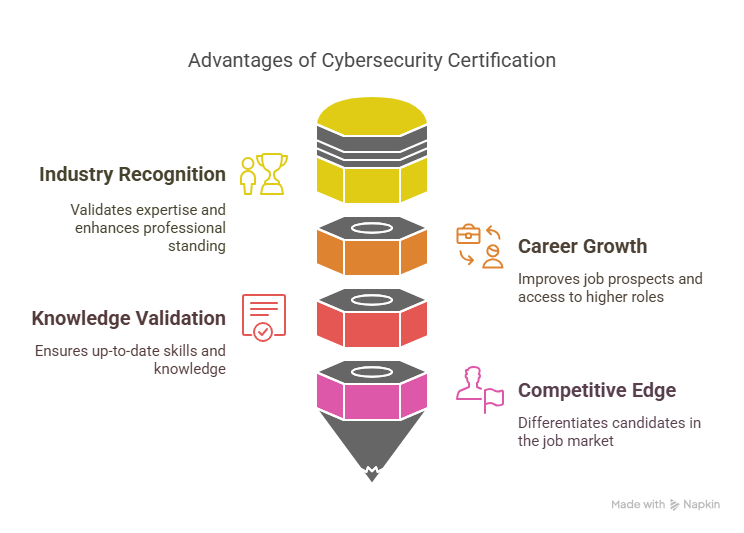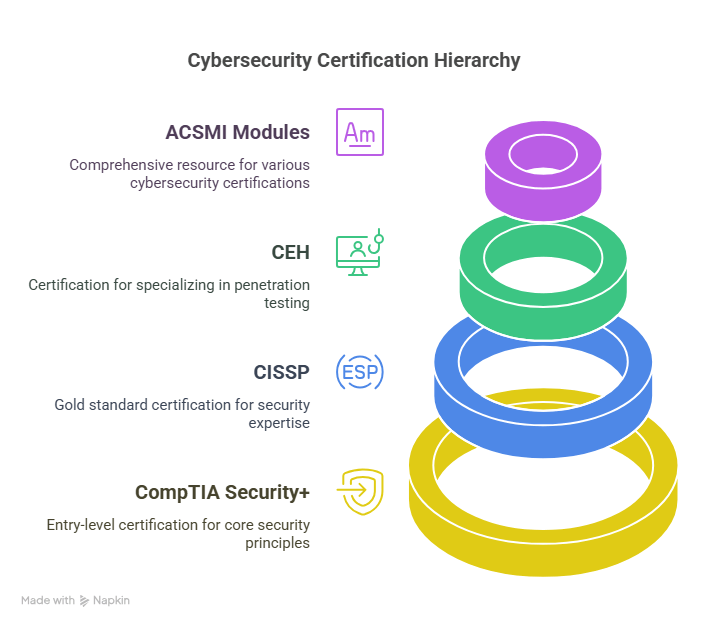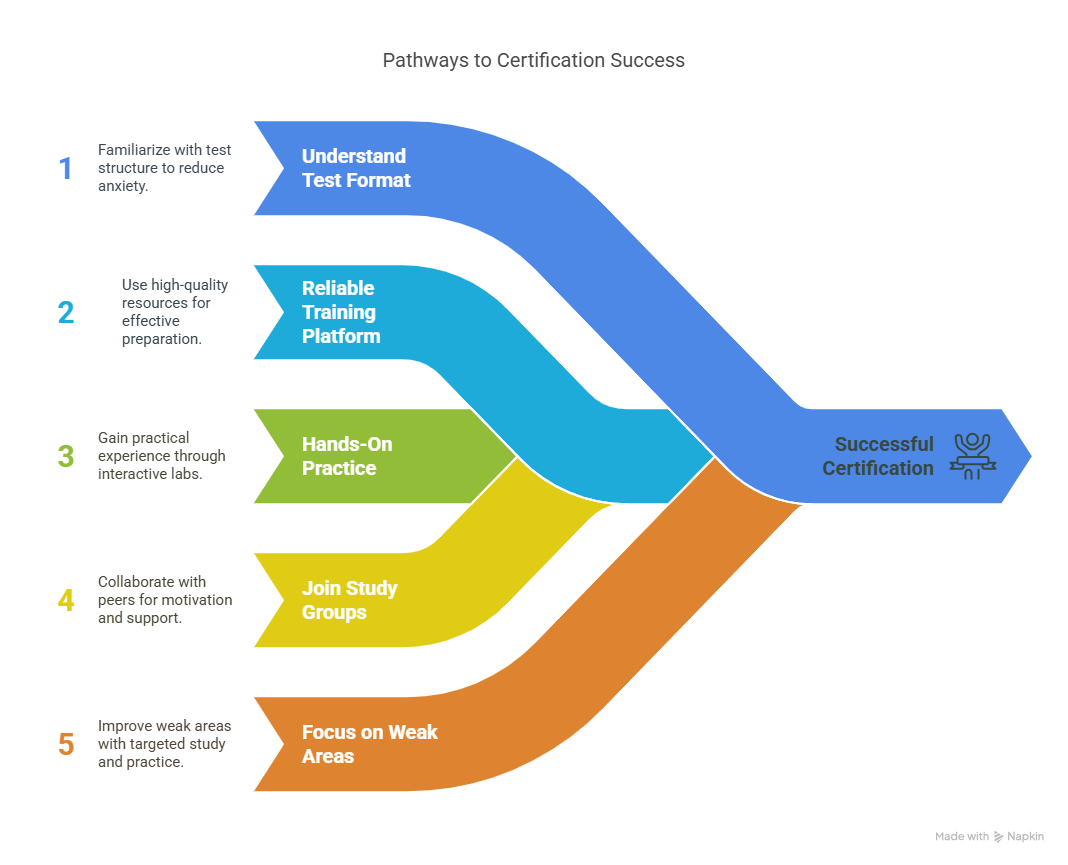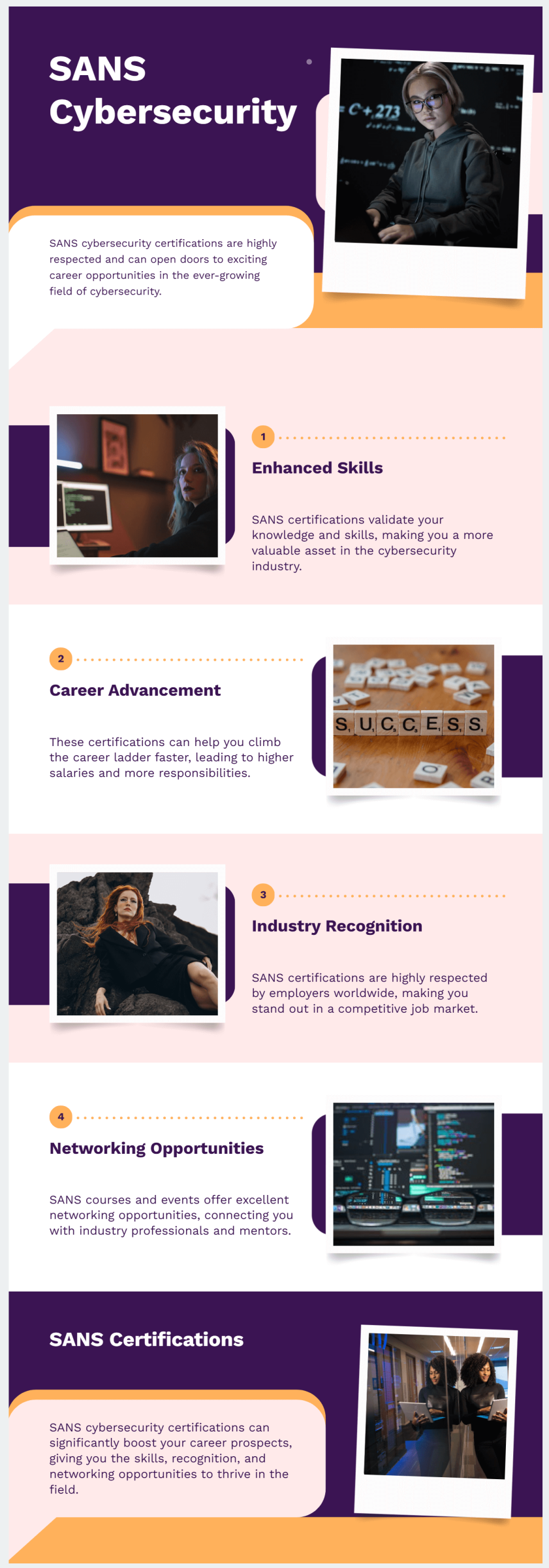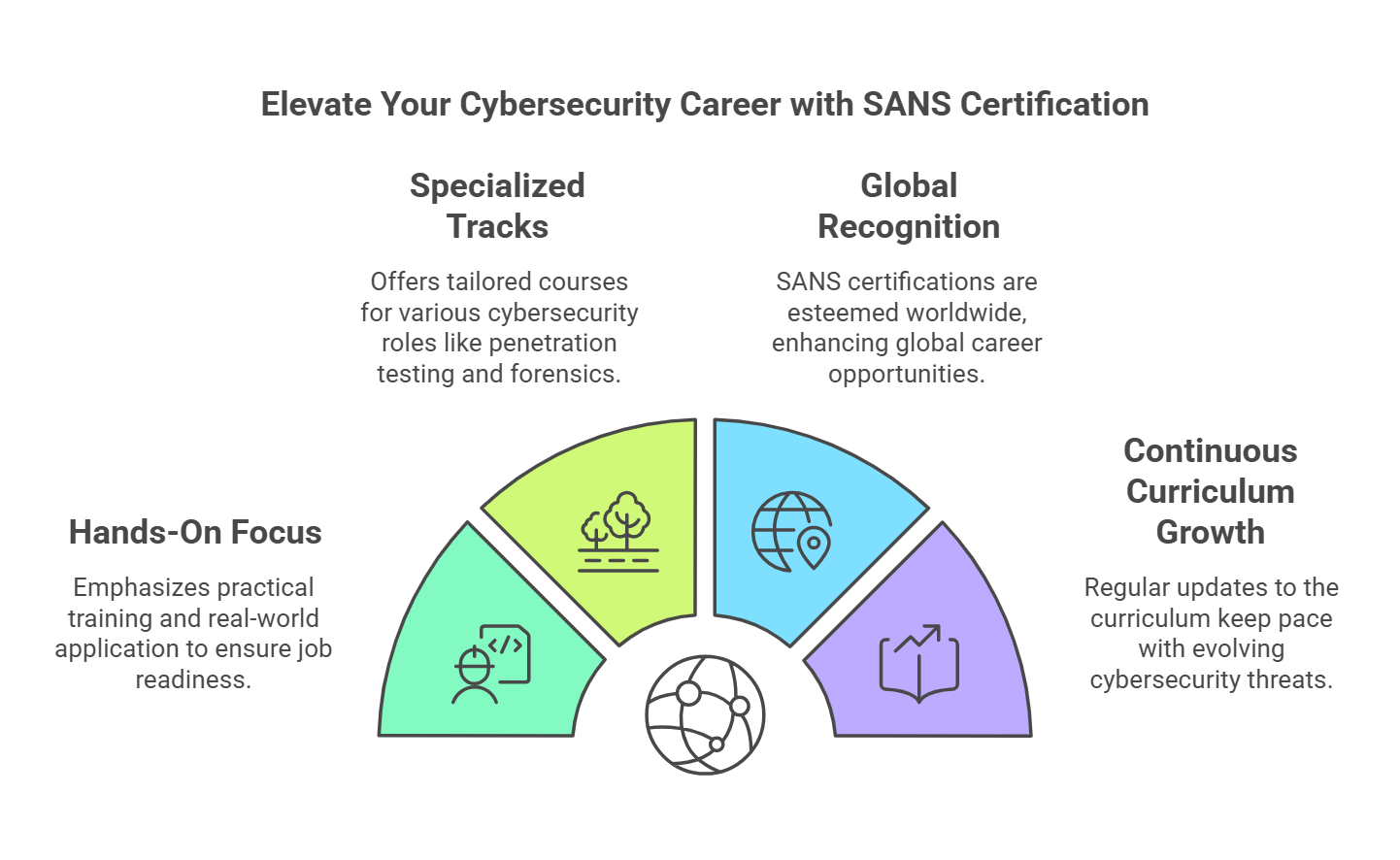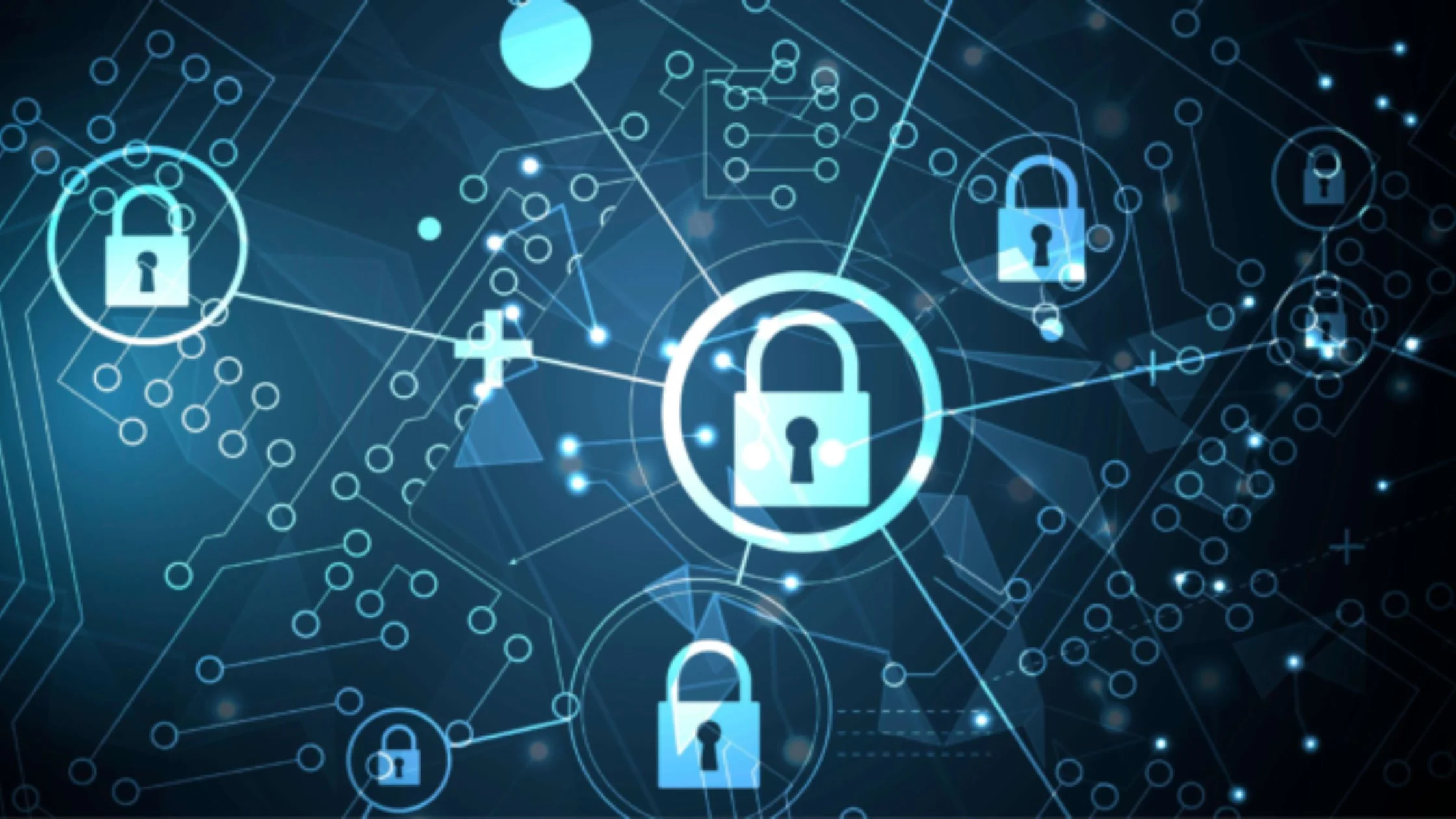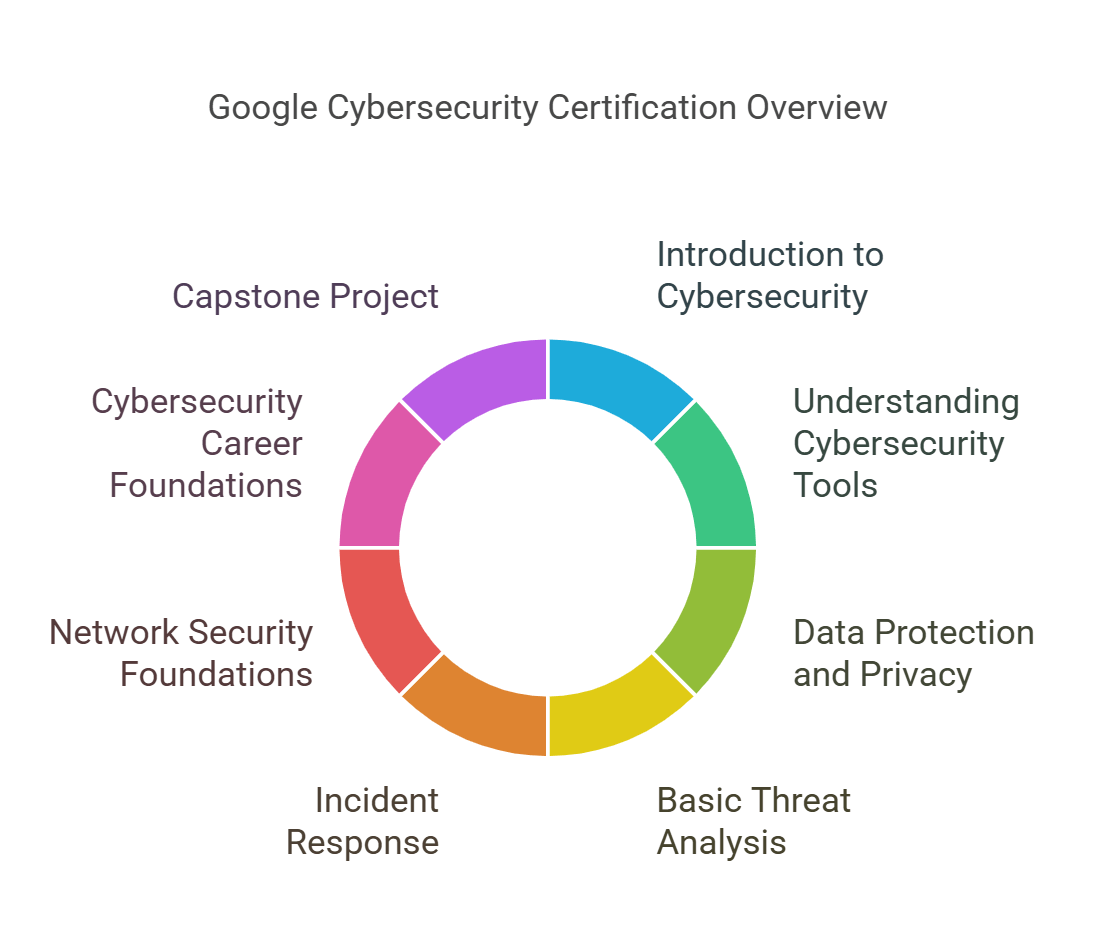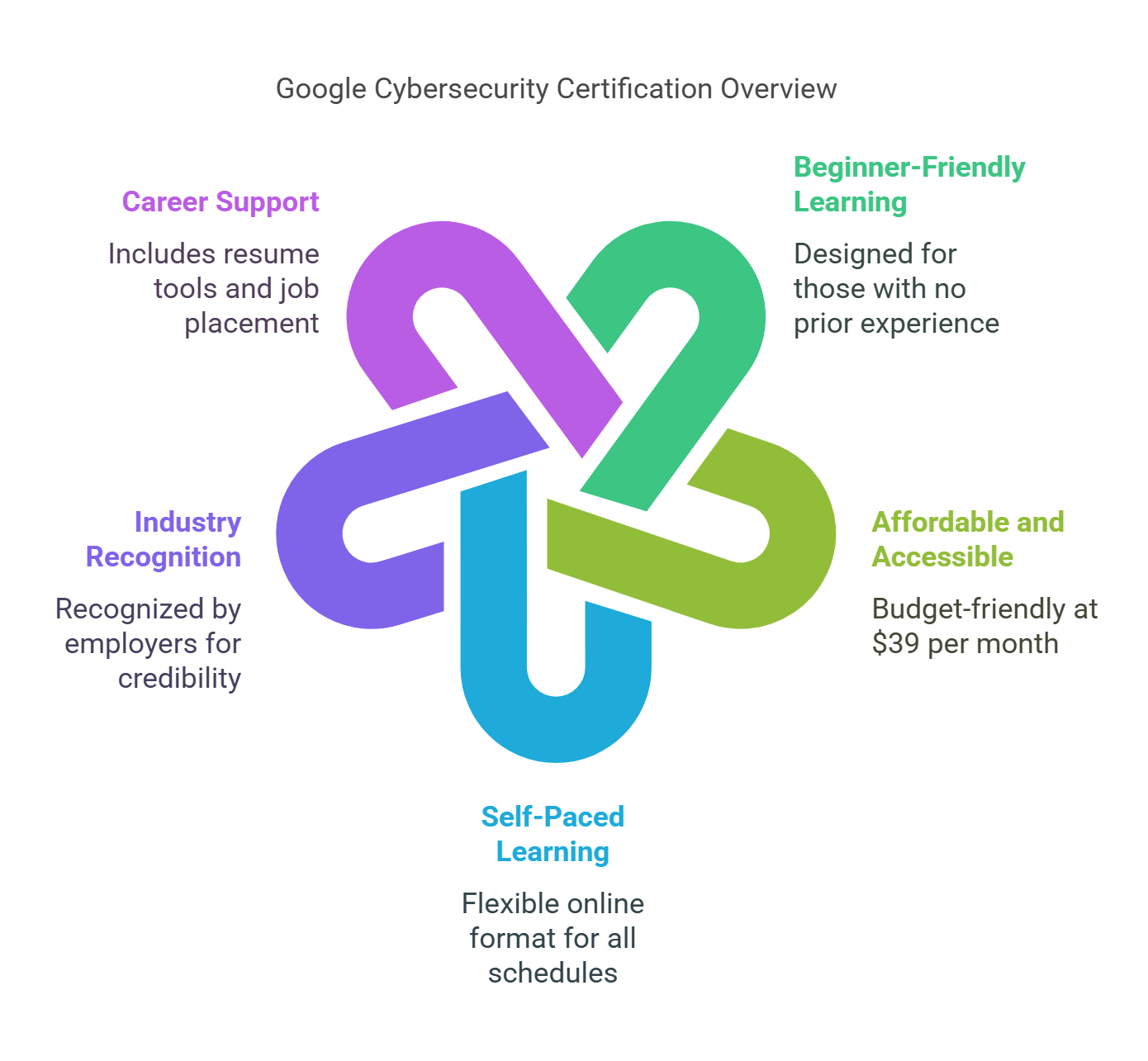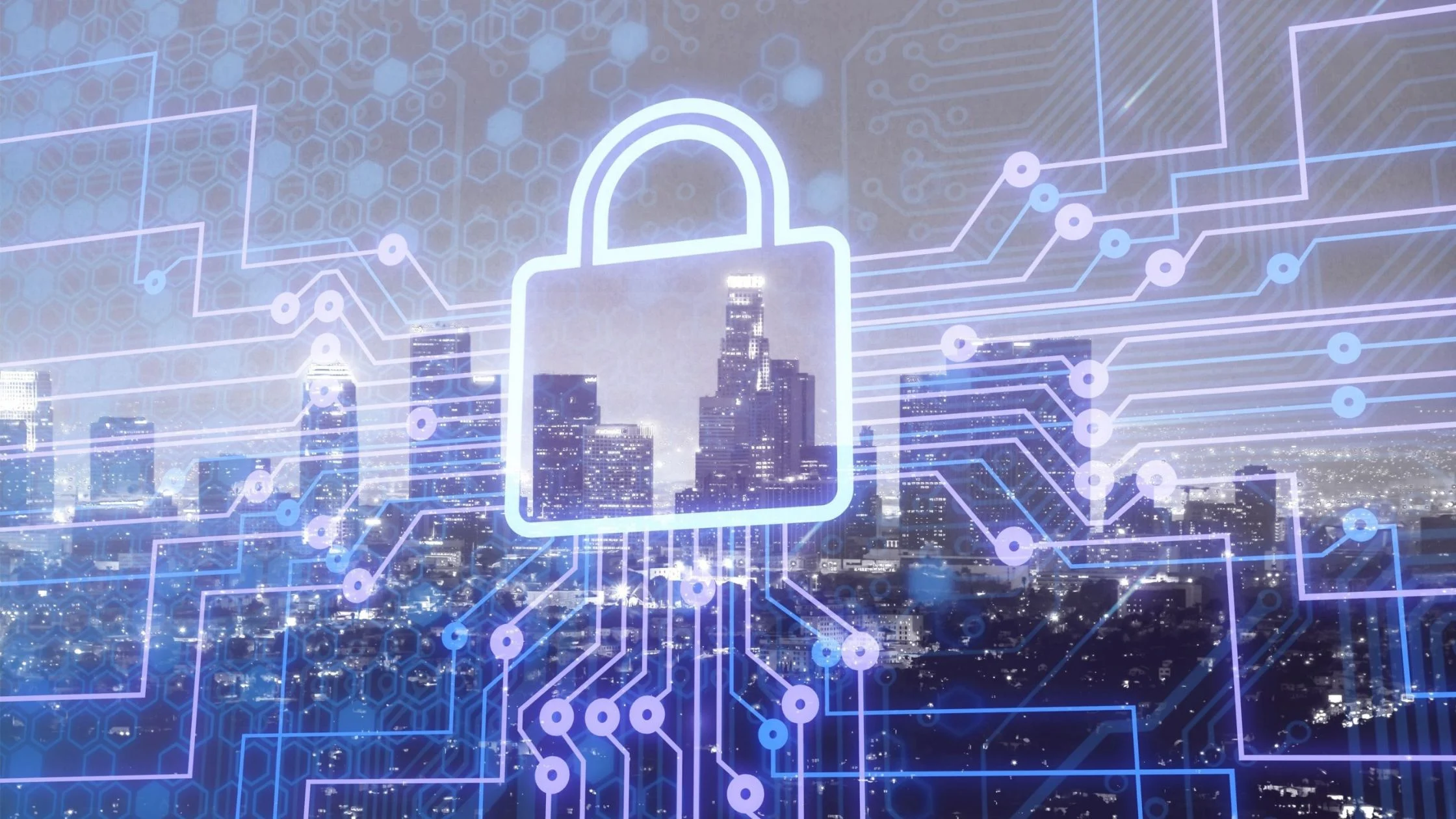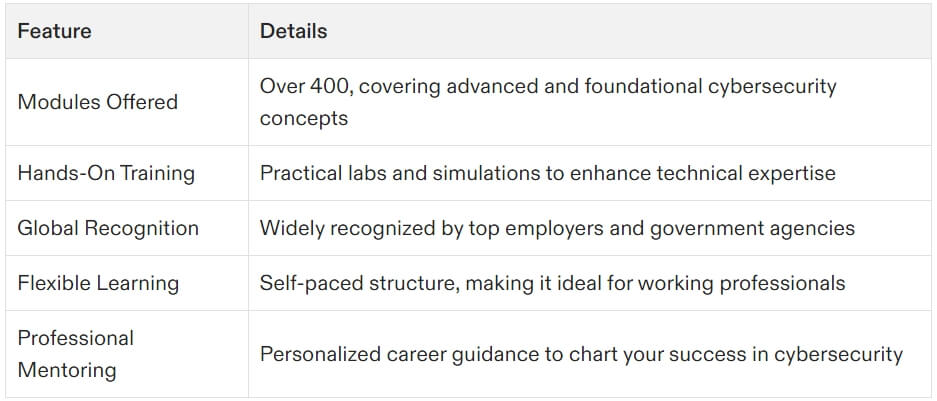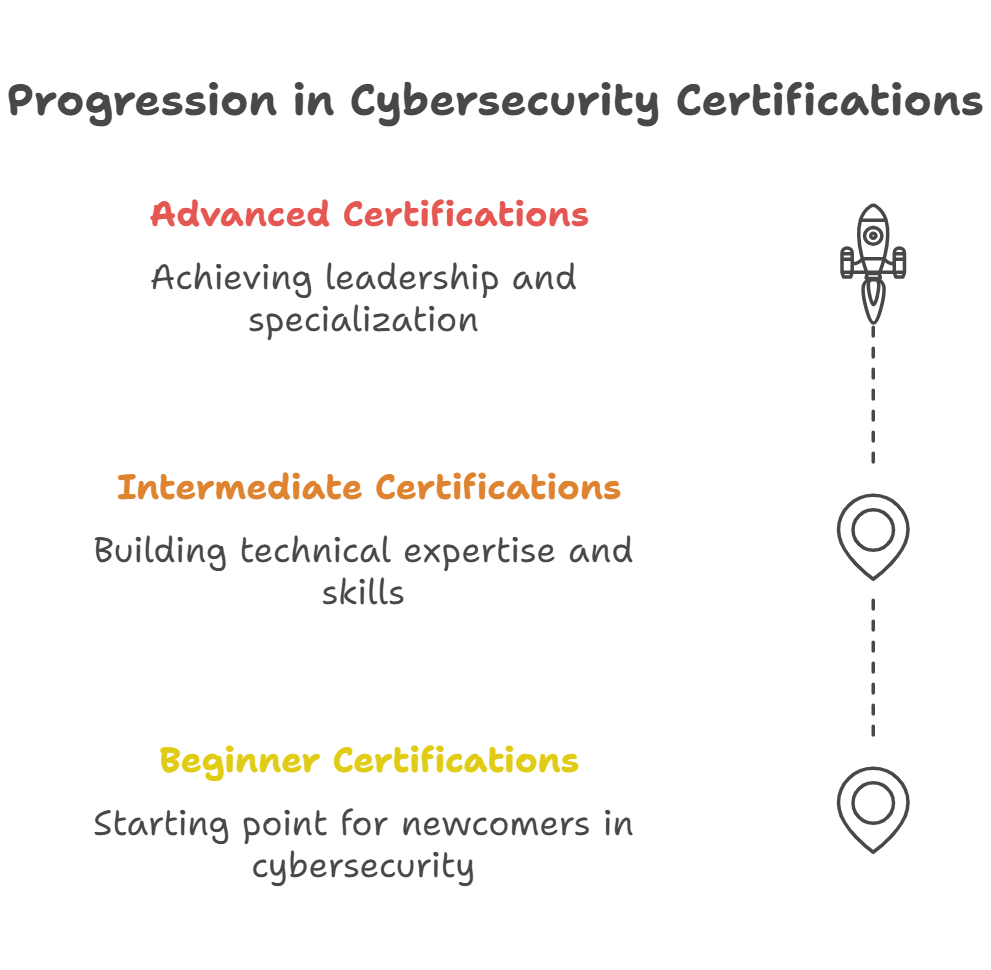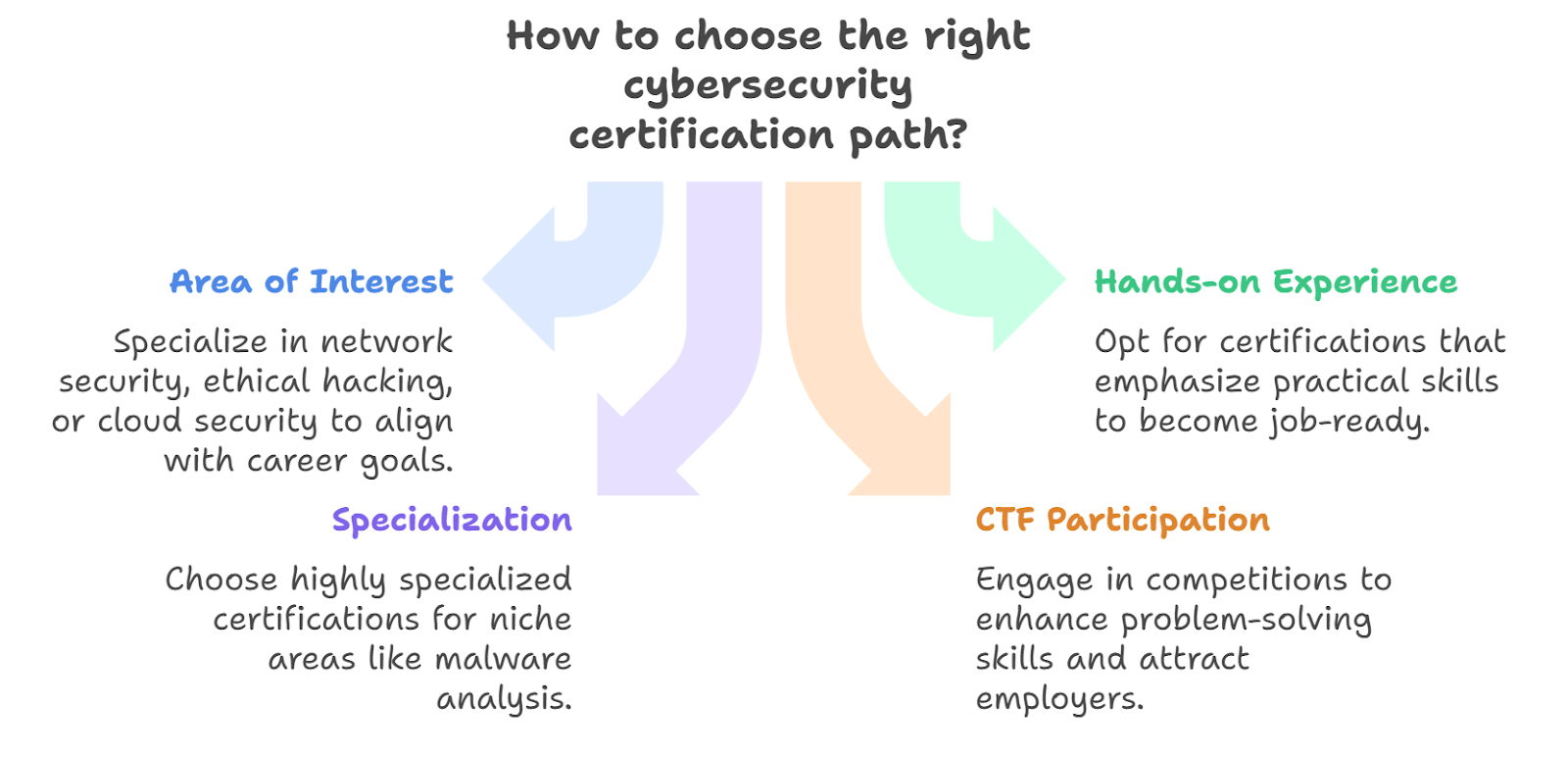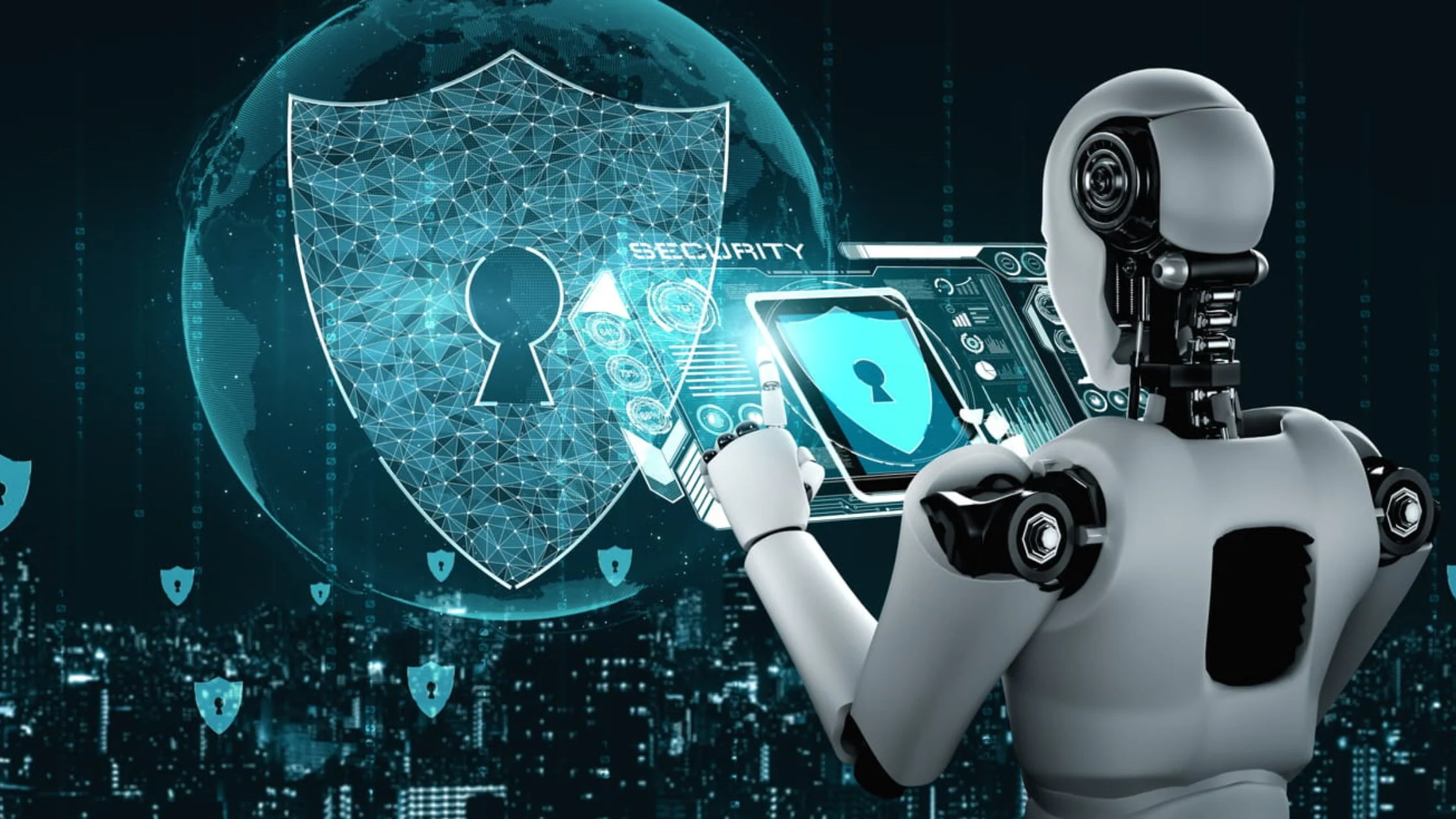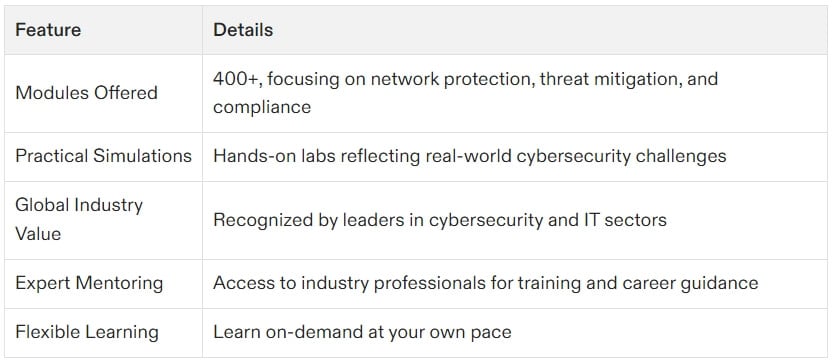Table of Contents
- What Makes the Best Cybersecurity Certification in 2025?
- 1. Industry Relevance
- 2. Hands-On, Real-World Skill Validation
- 3. Global Recognition
- Top Cybersecurity Certifications You Need to Know
- Why Do Certifications Matter in 2025?
- Preparing for the Best Cybersecurity Certifications
- Common Features Among Best Cybersecurity Certifications
- ACSMI Certification Features
- Final Thoughts on Pursuing the Best Cybersecurity Certification in 2025
- FAQ:
The world of cybersecurity continues to evolve at a rapid pace, with cyber threats growing in sophistication. As businesses face increasingly complex risks, the demand for skilled cybersecurity professionals has never been higher. In 2025, the value of obtaining the best cybersecurity certification cannot be overstated. Certifications play a vital role in proving your expertise and readiness to tackle real-world challenges. With so many options available, aspiring professionals often ask, "What is the best cybersecurity certification in 2025?"
The answer depends on your career goals, experience, and desired area of specialization. Whether you're just starting out with entry-level certifications or aiming for senior roles like CISOs or ethical hackers, certifications like CISSP, CEH, and newer cloud security credentials are essential.
What Makes the Best Cybersecurity Certification in 2025?
The best cybersecurity certifications in 2025 should address today’s unique challenges, be aligned with employment trends, and prepare candidates for evolving cyber threats. Here are key features that make certifications valuable in the cybersecurity field:
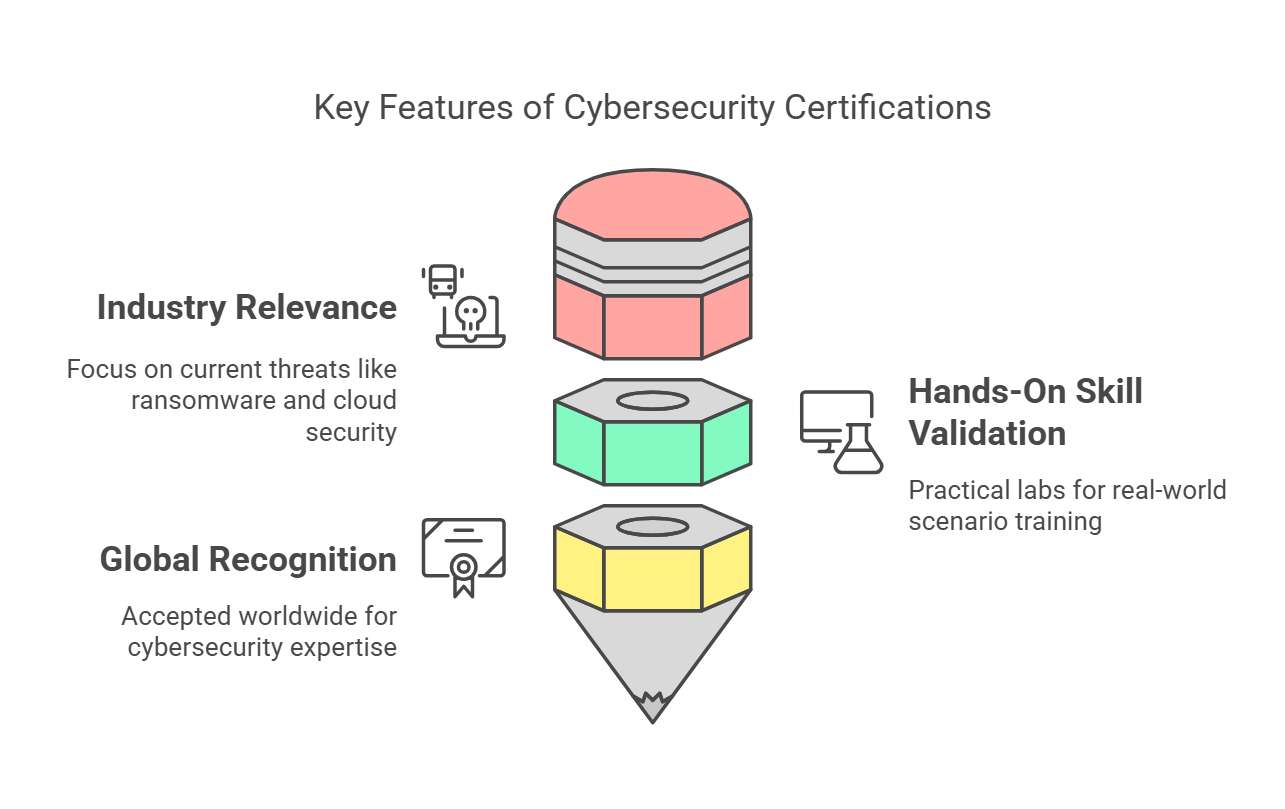
1. Industry Relevance
In 2025, the cybersecurity landscape is more complex, with threats like ransomware, AI-driven attacks, and cloud security challenges on the rise. The best certifications focus on areas such as threat intelligence, cloud security, and data privacy, all of which are top priorities for organizations. Certifications like CISSP and CEH are still in demand, but newer certifications addressing emerging threats are gaining momentum.
2. Hands-On, Real-World Skill Validation
Certifications that include practical, hands-on labs are more valuable. Platforms like ACSMI provide simulated environments where candidates can practice real-world cybersecurity scenarios, ensuring they are job-ready upon certification. This hands-on approach is essential to tackling modern cybersecurity challenges in areas such as penetration testing, incident response, and threat mitigation.
3. Global Recognition
As cybersecurity becomes increasingly crucial in every industry, globally recognized certifications like CISSP and AWS Certified Security Specialty are still highly sought after. These certifications allow you to work in multiple regions, including North America, Europe, and APAC, as companies worldwide face similar cybersecurity challenges.
Top Cybersecurity Certifications You Need to Know
With the growing number of cybersecurity threats in 2025, here are some of the top certifications to consider:
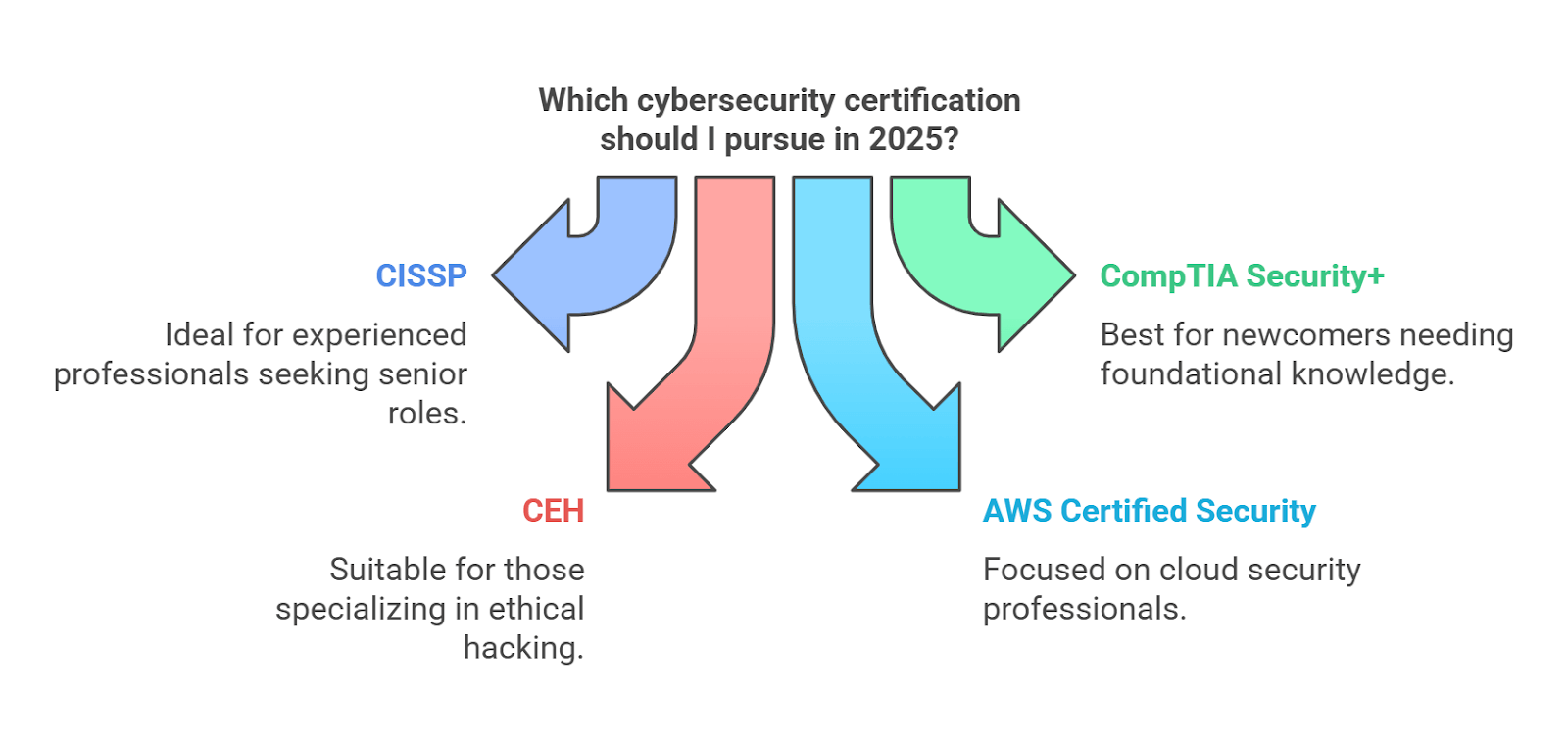
1. CISSP (Certified Information Systems Security Professional)
A gold standard in the industry, CISSP is aimed at experienced professionals with a strong foundation in cybersecurity. It covers critical topics such as security governance, risk management, and access control. In 2025, CISSP holders remain highly qualified for senior positions like Security Manager, Security Consultant, and Chief Information Security Officer (CISO).
2. CompTIA Security+
Ideal for those just starting their cybersecurity journey, Security+ offers a broad understanding of foundational principles. It’s a must-have for newcomers to cybersecurity in 2025, providing the knowledge needed for specialized fields like ethical hacking and penetration testing. As cybersecurity threats become more complex, a certification like Security+ offers a strong foundation.
3. CEH (Certified Ethical Hacker)
CEH remains the go-to certification for professionals who want to specialize in offensive security. It’s designed for individuals interested in penetration testing, ethical hacking methodologies, and vulnerability exploitation. Given the rise in advanced hacking techniques and the growing need for ethical hackers, CEH will continue to be a top certification in 2025.
4. AWS Certified Security – Specialty
As more businesses migrate to cloud environments, certifications like AWS Certified Security – Specialty are in high demand. This certification is crucial for cloud security professionals, addressing areas like identity management, monitoring, and secure cloud architecture. With cloud security challenges intensifying, this certification is vital in 2025.
5. CISM (Certified Information Security Manager)
For those pursuing managerial roles, CISM is invaluable. It equips you with the knowledge to align cybersecurity strategies with business goals. In 2025, organizations increasingly prioritize cybersecurity leadership, making CISM a critical certification for IT leaders wanting to work at the intersection of cybersecurity and business.
Why Do Certifications Matter in 2025?
Certifications are a powerful tool for career advancement, and in 2025, they are more essential than ever. Here are some reasons why earning the best cybersecurity certification Canada is so impactful:
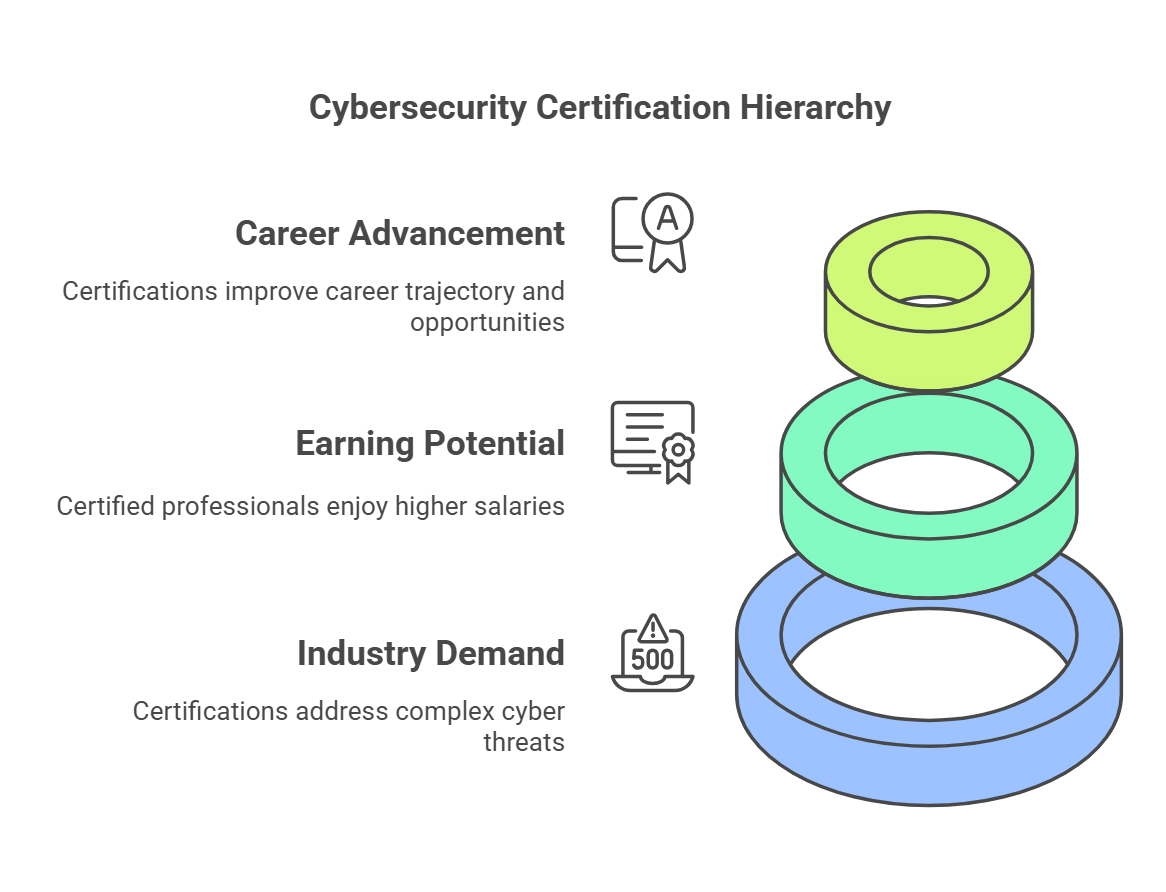
1. Career Advancement
In a rapidly evolving field like cybersecurity, earning the right certifications can dramatically improve your earning potential and career trajectory. With cybersecurity jobs expected to grow by 35% in the next five years, professionals holding certifications like CISSP, CEH, or AWS Certified Security are in high demand for senior roles and high-paying positions.
2. Earning Potential
Certified cybersecurity professionals enjoy higher salaries. For instance, positions like SOC Analyst, Penetration Tester, or Information Security Manager now often exceed six-figure salaries. By earning in-demand certifications, you increase your earning potential and access to lucrative career opportunities.
3. Industry Demand
As cyber threats grow in complexity, certifications that address current issues like cloud security, compliance with regulations (e.g., GDPR), and secure development practices will be crucial. Employers are looking for experts in these areas, making certifications a direct pathway to in-demand jobs in 2025.
Preparing for the Best Cybersecurity Certifications
Successfully earning a cybersecurity certification requires strategic preparation. Here’s how to ensure you’re ready:
1. Choose the Right Training Platform
Start with a reputable platform that offers comprehensive training and hands-on labs. ACSMI, for example, provides over 400 modules, which cover key areas across a variety of certifications. Whether you are looking for practical labs or theoretical study paths, choosing a trusted platform increases your chances of success.
2. Develop a Study Strategy
Before diving into your certification study, create a detailed plan. Focus on areas with higher exam weight and ensure you have a strong grasp of topics like cryptography, incident response, and network defense. In 2025, ensuring you understand cloud and AI security frameworks will be especially important for many certifications.
3. Practice with Labs
Practical experience is essential. Platforms like ACSMI provide simulated attack and defense scenarios, allowing you to apply your knowledge in a controlled environment. These labs help bridge the gap between theory and real-world applications, preparing you for both exams and job tasks.
4. Take Mock Tests
Mock exams are a critical part of your preparation. They simulate real test conditions, helping you manage your time and familiarize yourself with the question formats. Completing mock exams on platforms like ACSMI will help identify areas where you need improvement, ensuring you're well-prepared.
5. Stay Updated
Cybersecurity is a rapidly changing field, so staying up to date with the latest threats, frameworks, and compliance regulations (such as GDPR or NIST) is crucial. To ensure your preparation aligns with 2025 trends, engage in continuous learning and subscribe to cybersecurity blogs or news.
Common Features Among Best Cybersecurity Certifications
The best cybersecurity certifications in 2025 have a few common features that make them valuable assets in your career:
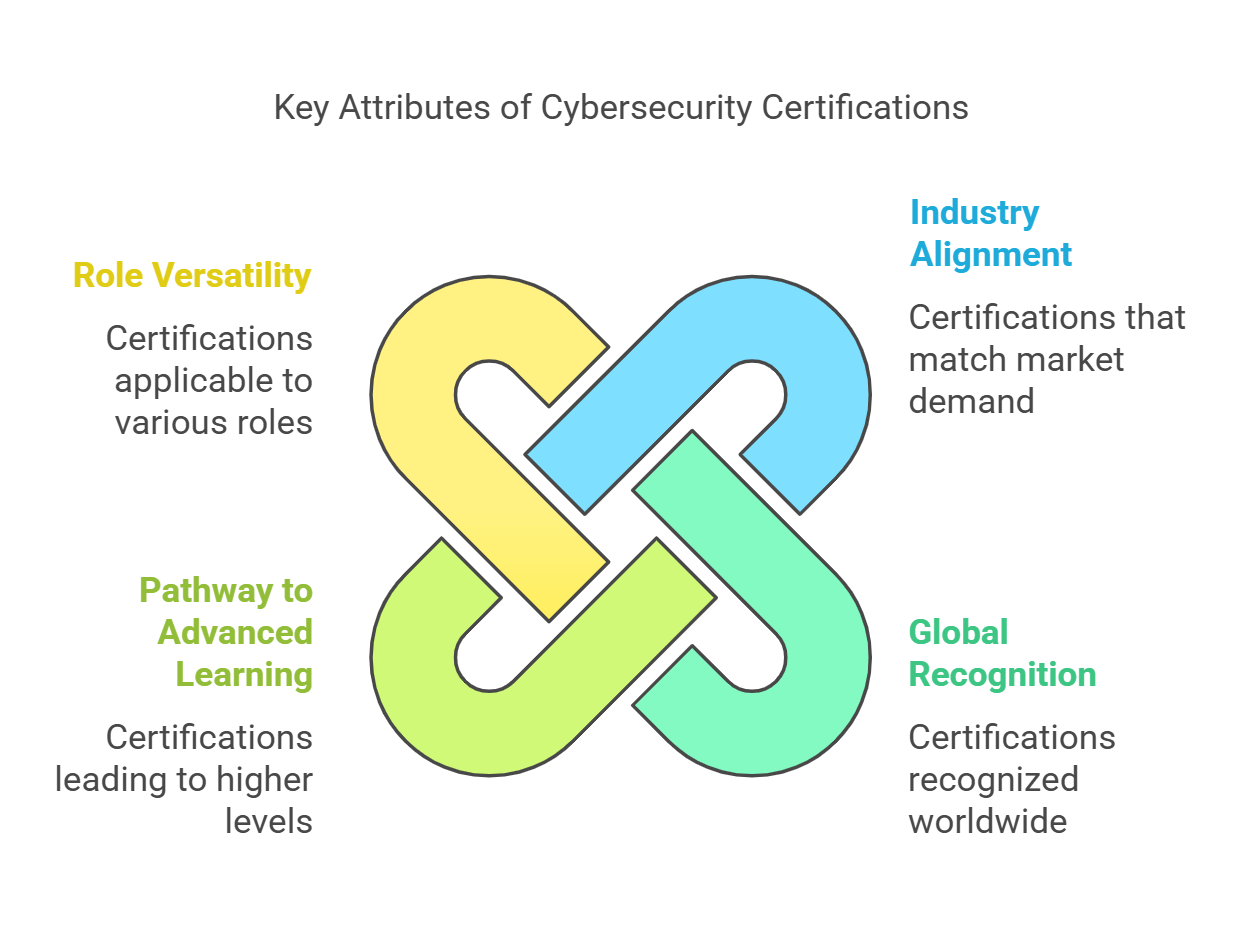
1. Industry Alignment
Certifications aligned with market demand are more likely to boost your career prospects. Certifications like CISSP and AWS Security Specialty address current cybersecurity trends, such as cloud security, making them particularly in demand.
2. Global Recognition
The best certifications are recognized worldwide, enabling you to work in any region. Whether you're in North America, Europe, or APAC, certifications like CISSP, CEH, and AWS Certified Security open doors internationally.
3. Pathway to Advanced Learning
Certifications like CompTIA Security+ or CISSP serve as gateways to even more advanced certifications. They provide the knowledge and foundational expertise that will prepare you for more specialized roles and higher-level certifications.
4. Role Versatility
The best cybersecurity certifications in 2025 cater to various roles, from technical positions like Penetration Tester to leadership roles such as CISO. These certifications ensure professionals can move across different levels of the cybersecurity career ladder.
ACSMI Certification Features
ACSMI offers a unique advantage for professionals preparing for cybersecurity certifications in 2025. With its hands-on approach and over 400 comprehensive training modules, ACSMI ensures candidates are fully equipped for today’s most challenging cybersecurity exams.
Final Thoughts on Pursuing the Best Cybersecurity Certification in 2025
The path to earning the best cybersecurity certification in 2025 is one that pays off in terms of both career advancement and personal growth. Whether you're a beginner or a seasoned professional, certifications like CompTIA Security+, CISSP, and AWS Certified Security provide the knowledge and recognition you need to excel in the cybersecurity field. Partner with ACSMI to gain hands-on experience, stay ahead of emerging trends, and ensure you’re prepared for the challenges of 2025 and beyond. Start your certification journey today and take the first step toward a fulfilling career in cybersecurity!
FAQ:
What is the easiest cybersecurity certification to get?
CompTIA Security+ is often recommended for beginners due to its comprehensive, foundational content and minimal prerequisites.
How long does it take to achieve a certification?
Time varies based on the certification's complexity and your prior knowledge. Typically, entry-level certifications like Security+ take 4–8 weeks to prepare for, while advanced certifications like CISSP may take several months.
Are certifications worth it in 2025?
Absolutely. Certifications validate your expertise and enhance your career prospects. In 2025, they remain a crucial factor in standing out to employers and securing high-paying cybersecurity roles.
Can I prepare for certifications without prior experience?
Yes! Entry-level certifications like CompTIA Security+ require minimal experience, and platforms like ACSMI offer tailored programs to help beginners succeed.
How much does certification preparation cost?
The cost varies by provider and certification complexity. ACSMI offers competitive pricing for its all-inclusive packages, which cover labs, resources, and mentoring.
